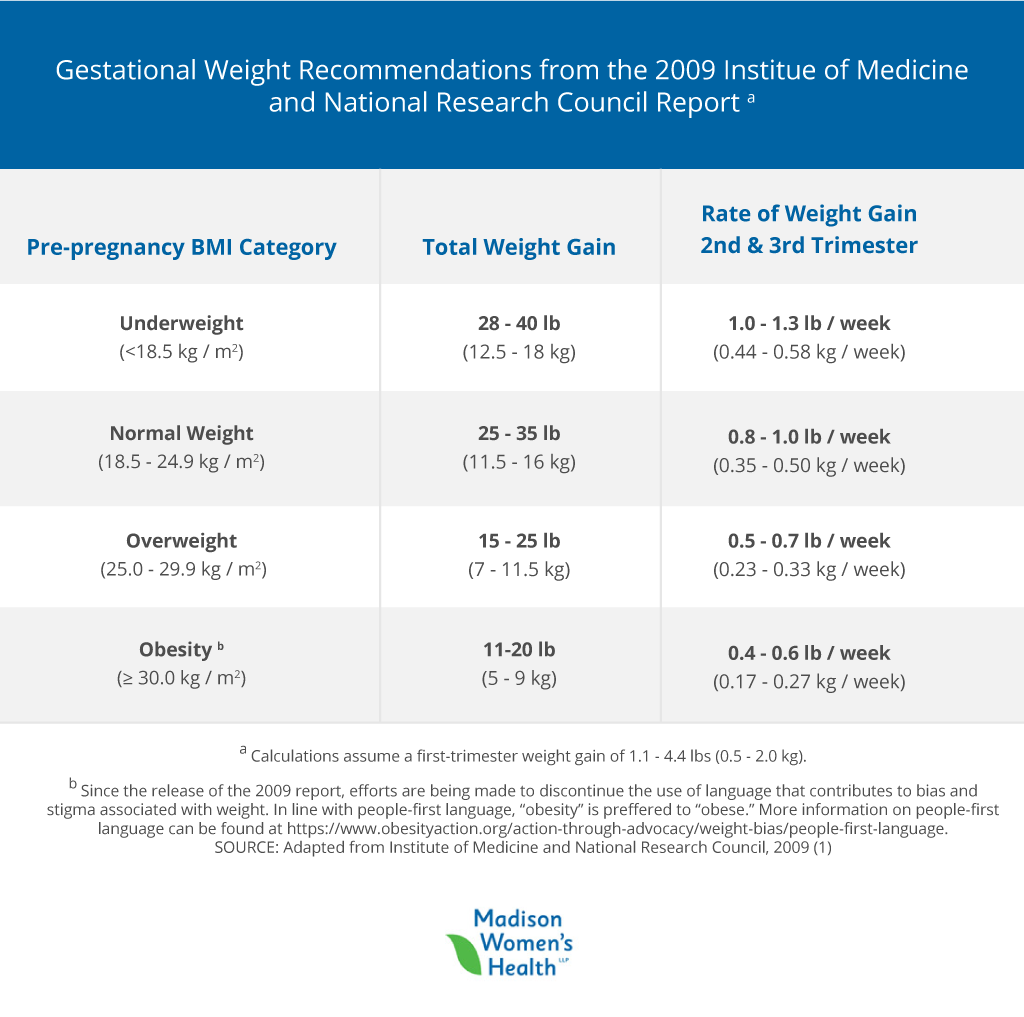When your period is late, the thought “Am I pregnant?” may have crossed your mind. Wondering if you’re pregnant can lead to all kinds of emotions, positive or negative. (Sometimes conflicting feelings at the same time!)
You need to know if you’re pregnant so you can get the care you need as soon as possible.
While an ultrasound is the best way to confirm whether you are pregnant, your body may give you some other indicators. Some women might feel certain they are pregnant without taking a pregnancy test, but it’s best to confirm your suspicions to be absolutely sure!
Let’s take a look at the most common symptoms of early pregnancy, when to take a pregnancy test, and when to see a doctor to confirm if you are pregnant.
What to do if you think you could be pregnant
Identify the date of your last menstrual period (LMP).
- When did your last period start? (Your OBGYN will ask you this question, too, so it’s an important date to keep track of.)
Tip: Some women have spotting that begins a day or two before their period. Note the first date you had bright red blood.
Check if your period is late.
- Did your last period start more than four weeks ago?
- How far apart are your periods usually? (The typical amount of time between periods is 28-32 days).
Tip: Even if your cycle is inconsistent or longer than 32 days from one period to the next, if you are more than one week past your expected period, and you have been sexually active, there is a chance you could be pregnant.
Check in with your body. Do you notice these signs of early pregnancy?
- Nausea or vomiting
- Breast enlargement or tenderness
- Increased frequency of urination (without associated pain)
- Fatigue
Other signs that typically occur later in pregnancy include:
- Mild uterine cramping
- Abdominal bloating
- Constipation
- Heartburn
- Nasal congestion
- Shortness of breath (mild)
- Food cravings or aversions
- Mood changes
- Lightheadedness
- Spider angiomas (small clusters of blood vessels on the skin)
- Palmar erythema (palms of hands are very pink)
- Skin pigmentation increases (blotches on face, areola darken, pigment under arms, dark line on abdomen)
- Poor sleep
- Lower back pain
- Low pelvic discomfort
When to take a pregnancy test
A home pregnancy test may show up positive as soon as one week after ovulation (which could be one week before your expected period). However, we recommend you wait for your missed period. Some of these very early pregnancies do not continue. They are termed “chemical pregnancies.” If you have been trying for a long time to become pregnant, it may be especially beneficial for your mental health to wait for a more reliable test result.
Take a pregnancy test:
- When you are one week past your missed period and have been sexually active.
- When using hormonal birth control (including hormonal IUD) and your period flow is different than usual.
- When you experience pregnancy symptoms while using birth control if you have been sexually active.
- If you have an IUD and you cannot feel the strings when you were previously able to feel the strings.
Types of pregnancy tests
At-home pregnancy tests
The easiest and most convenient way to test if you are pregnant is to use a home pregnancy test. They are only a few dollars and are available at many stores, gas stations, grocery stores, and at your county health services.
The most accurate home pregnancy test is the brand First Response. It will pick up 97% of pregnancies at the time of your missed period. The e.p.t. home pregnancy test will pick up 54-67% of pregnancies at the time of a missed period. The brand Clear Blue offers two kinds of pregnancy tests: a manual one (64%) and a digital one (54%). (The digital Clear Blue Easy states the words “pregnant” or “not pregnant,” while the manual test simply shows one or two lines.)
Blood tests to determine pregnancy
Another way to take a pregnancy test is by having your blood tested for human chorionic gonadotropin (hCG), which is a hormone that is produced by the body during pregnancy. This test is called a beta-hCG test or quantitative hCG blood test. An hCG blood test for pregnancy is more common if you have not had a period and don’t know when your last period was, or if you have been using hormonal birth control.
Ultrasound to determine pregnancy
If your home pregnancy test or beta-hCG blood test is positive for pregnancy, the next step will be to confirm the pregnancy with an ultrasound. An ultrasound is typically planned for 5-6 weeks past the missed period. The ultrasound will confirm where the embryo has implanted, if there is more than one, and if the heart is beating.
Learn more about when and why ultrasounds are performed during pregnancy.
If you are pregnant
It’s important to know as soon as possible if you are pregnant. For example, if you’re having symptoms of pregnancy, an irregular period, or irregular bleeding, your OBGYN needs to rule out pregnancy as a cause so they can determine what else might be happening.
Contact your OBGYN as soon as you think (or know) you are pregnant
Call your OBGYN clinic as soon as you find out you’re pregnant. When you call in, your provider will review your medical history to determine the timing of your first prenatal visit. If you are a woman with no medical problems and under the age of 35, your first prenatal appointment will likely be 3-4 weeks after your missed period.
Some women should be seen sooner than others. For instance, if a woman has a history of ectopic pregnancy (or tubal pregnancy), she should be seen within a couple of days. Certain other medical conditions warrant an immediate visit with the provider.
Note: Ectopic pregnancy is when a fertilized egg grows outside of the uterus, such as in the fallopian tube. The earliest symptom of ectopic pregnancy is typically light vaginal bleeding soon after a positive pregnancy test. If this happens, call your OBGYN to schedule an ultrasound right away. The ultrasound will identify if the fertilized egg is growing in the uterus or if it has attached somewhere else.
An ectopic pregnancy cannot be moved to the uterus and requires treatment such as medication or surgery. If the ectopic pregnancy continues growing to 5 or 5.5 weeks after conception, it could cause more serious complications, such as a ruptured fallopian tube, which can result in life-threatening internal bleeding. Symptoms of a ruptured fallopian tube include sudden and severe pain, abnormal bleeding, lightheadedness, and shoulder pain.
Take care of your body
It’s also important so you can make good choices for your body to support your pregnancy and give your baby a healthy start in life. If you discover you are pregnant, you should follow the guidelines below.
Start (or continue) prenatal vitamins
Prenatal vitamins include an extra amount of folic acid, which is important for the development of your baby’s brain and nervous system. Ask your doctor what type of prenatal vitamins they recommend.
Avoid alcohol and certain medications
Avoid alcohol and certain medications if you are pregnant. Alcohol significantly affects fetal brain development. Some medications can also cause birth defects. Read more about medications in pregnancy.
Avoid smoking and drugs
Avoid recreational drugs, smoking, vaping, and marijuana when pregnant. These can also cause developmental issues and birth defects in babies. Smoking harms lung development and restricts blood flow to the placenta.
Eat right and exercise
When you let your provider know you’re pregnant, you will get helpful information about a healthy diet and exercise during pregnancy. You’ll receive a list of foods, activities, and environmental exposures to avoid. You’ll receive information about avoiding work-related exposures, too (especially if your job includes working with or around chemicals and dyes). Your provider will see if you are up-to-date on vaccinations or if there are any other recommended vaccinations you should receive.
Learning that you’re pregnant can be exciting or scary. Feeling all kinds of emotions when you find out is totally normal! That’s why it’s so important to speak with your provider early on. We’re here to help!
 Dr. Dickmeyer has been providing healthcare for women in the Madison area since 1998 and is a founding member of Madison Women’s Health. Her specialties include minimally invasive surgical techniques, high and low risk obstetrics, pelvic floor disorders and postmenopausal medicine.
Dr. Dickmeyer has been providing healthcare for women in the Madison area since 1998 and is a founding member of Madison Women’s Health. Her specialties include minimally invasive surgical techniques, high and low risk obstetrics, pelvic floor disorders and postmenopausal medicine.

 Source:
Source: 


